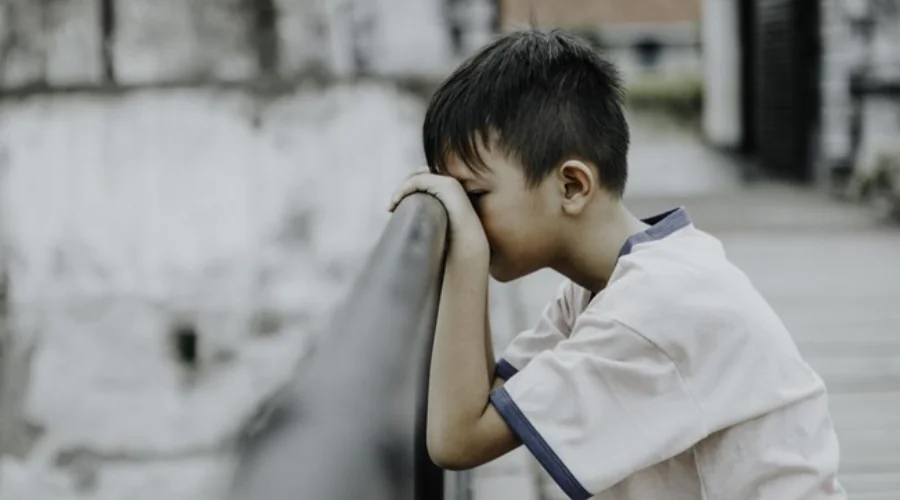
- 06 Mar
- 2023
Ilustrasi gambar (iStock/rudi_suardi)
Viral Elementary School Students Suicide in Banyuwangi, UM Surabaya Lecturer Reveals the Dangers of Bullying
Social media was shocked by the news that a grade 4 elementary school (SD) student had died by hanging himself. The student with the initials MR who is still 11 years old is known from Banyuwangi, East Java. It is suspected that MR deliberately ended his life because he was bullied by his friends because he was said to have no father or orphan.
The virality of this case attracted the attention of Uswatun Hasanah, Lecturer in Mental Nursing, Faculty of Health Sciences (FIK) UM Surabaya to provide a response.
According to him, bullying is unwanted aggressive speech or behavior that is done intentionally and repeatedly to make someone feel intimidated, threatened, or helpless.
“This behavior commonly occurs among school-age children that involves an actual or perceived power imbalance. Bullying behavior can have various harmful effects, especially for victims, so this behavior needs to be prevented," said Uswatun Monday (6/3/23)
Uswatun explained that bullying is very dangerous for children and adolescents, because it can interfere with their social development. All types of bullying have adverse effects on physical, mental and other aspects of health.
"The initial effects that victims of bullying experience mentally are losing self-confidence and feeling worthless so that victims eventually experience persistent disturbances of self-concept," added Uswatun again.
According to his explanation, students who are often bullied are more likely to develop anxiety, victims will continue to feel anxious, have depression problems which are generally characterized by changes in behavior, sleep disturbances, changes in appetite, emotional disturbances, loss of interest and even thoughts of suicide.
"Apart from having an impact on mental health, students' academic aspects will also be disrupted, such as decreased performance, loss of concentration, or even refusal to attend school again," he said.
Meanwhile, on the social aspect, victims of bullying will feel embarrassed to mingle or interact with other people so that in the long term they will begin to withdraw and even isolate themselves from their peer environment and even the social environment as a whole.
He added that the physical impact would also be experienced by victims who were bullied accompanied by physical violence, ranging from minor injuries, physical disabilities and even death.
Uswatun reminded that bullying does not only affect victims but also perpetrators. Children or adolescents who repeatedly bully have a greater risk of physical violence, verbal altercation, and generally the perpetrator refuses to take responsibility for the actions taken.
One of the reasons for this rejection is because bullying behavior is considered as something normal and usually done by children and adolescents of their age. So indirectly the perpetrators of bullying think they get legality from adults for the acts of violence they commit.
Furthermore, Uswatun explained that several studies have shown that children who bully other people are at risk of developing anti-social behavior, being aggressive and having academic problems.
"There are so many impacts of bullying for both victims and perpetrators, the surrounding environment such as parents, peers, school environment, community and even the government need to take part in supervising and formulating policies so that the phenomenon and increasing number of bullying cases can be prevented properly," said Uswatun.










(0) Comments